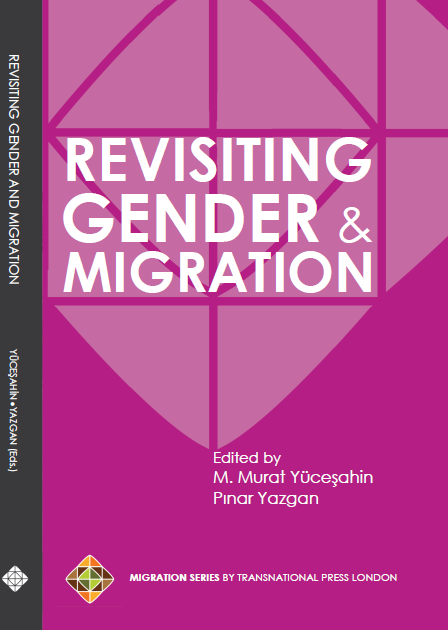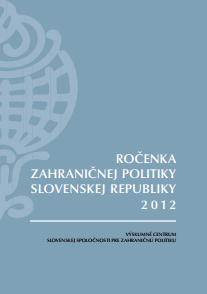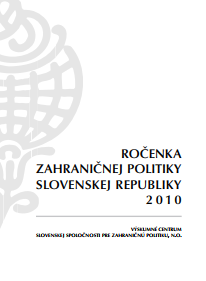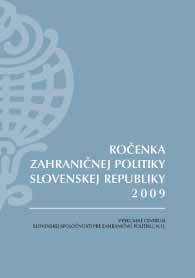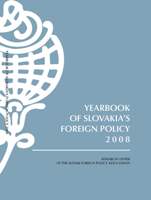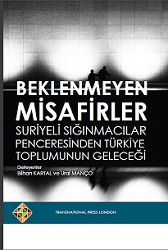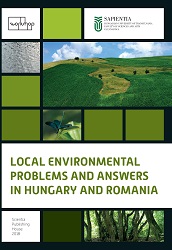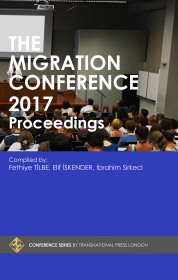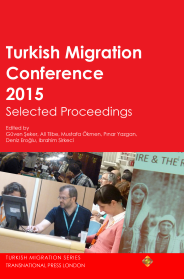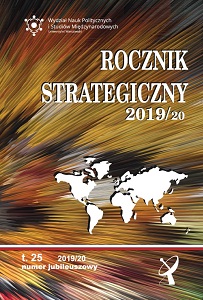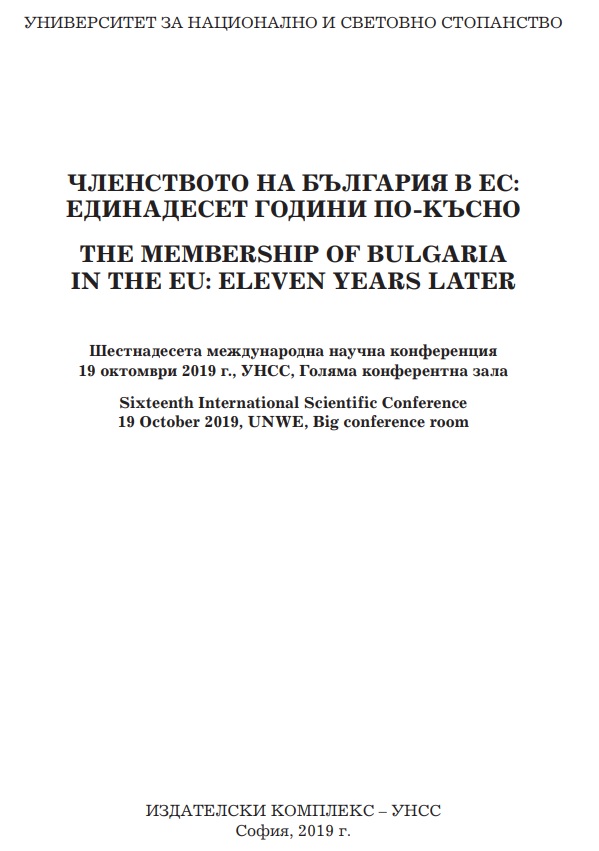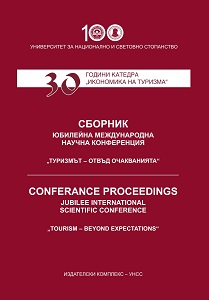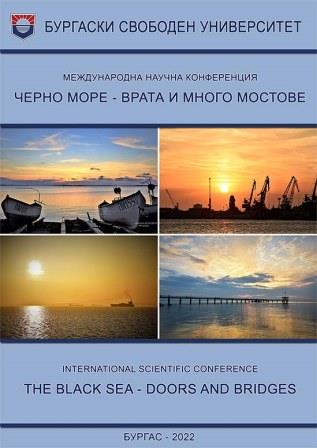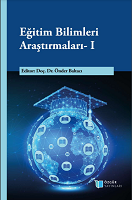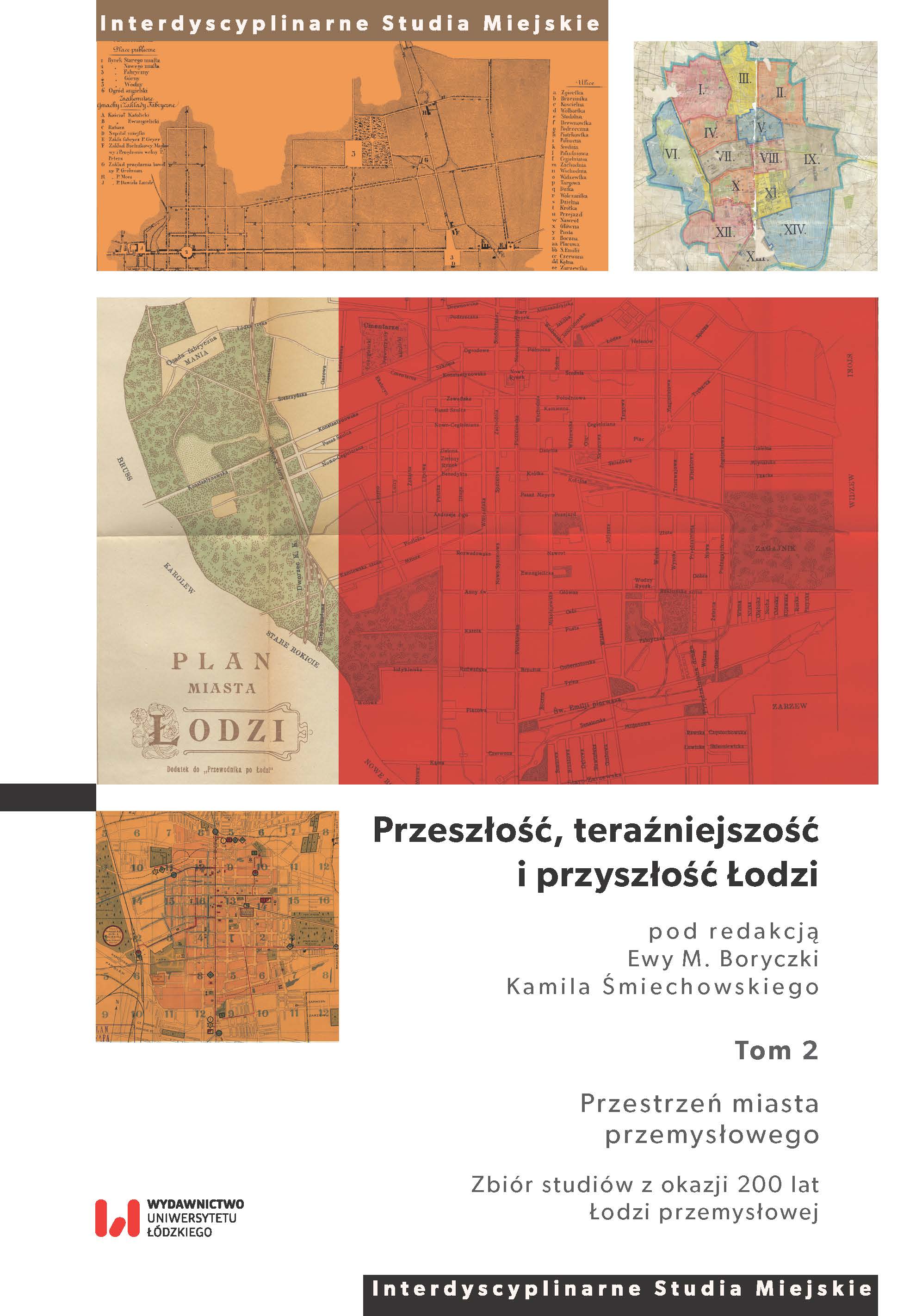Author(s): Tadeusz Markowski / Language(s): Polish
Publication Year: 0
The chapter addresses the issue of a broader view of the regeneration of an industrial city in the light of dynamically occurring multidimensional technological, social, political and, above all, environmental changes. Regeneration consists in discovering the usefulness of each component of the production potential in new conditions and properly incorporating it into the productive and developmental circulation. It is a process in which a new “grammar” of management emerges on the one hand (new concepts, a new language, a new conceptualization of the functioning and development of the city), and on the other hand, management shifts to a new development trajectory. It is impossible to start this process without modifying the socio-economic imaginary and building a new paradigm in the approach to further processes of urbanization and urban development. The reallocation of industry towards Third World Countries by global corporations over the past 50 years has shown how sensitive – politically, socially and ecologically – we have created the modern world. The scale of the problem is revealed to us at an accelerated pace by extreme climatic events, epidemiological threats, political and war conflicts. Supply chains are being disrupted, basic principles of social and economic security are being violated. These are, among other things, the main reasons for the need for a different view – scientific and political – of the geography of the world’s production processes and the need to take into account – in the further development of civilization – “commonly” ignored global external costs. We now know that we are in the phase of a civilizational and climatic geopolitical and demographic breakthrough, which requires a different view of the productive functions of cities, their future functional and spatial structure, the degree of preservation of material cultural heritage. Perhaps the delayed changes that are taking place in Łódź are a new opportunity that will be used in a new historical moment of changes in the geography of the world’s industry, moving away from energy based on coal and other fossil fuels, and to re-reallocate the generation sphere to the global level towards the return of “industry” to the cities of the Western World and the EU. However, the reindustrialisation of the cities of the EU, Europe and the Western World will have a different trajectory resulting from the clearly visible features of a new type of digital and low-emission economy, as well as the possibility for cities to generate “new” strategic generation resources on their own. These new “economic resources” are produced in complex territorial urban socio-economic systems. As a consequence of these objective trends, we can conclude that the new wave of development and transformation of cities will be determined by “new” resources and development factors already inherent in urban systems as a result of the historical process of accumulation with minerals, raw materials and also the accumulation of knowledge and skills of city dwellers. Especially large cities have a “hidden” critical mass, the liberation of which will allow the transition to a new trajectory of development based, in a strategic sense, on intangible intellectual resources. Such a new resource of industrial development becomes “territorial capital”. Without going into a deeper analysis of contemporary development processes, widely described in the literature on the subject, it is worth pointing out the permanent trends that will determine further development processes and what may result from them for global, national and local activities of public institutions towards cities and urbanization processes. These include:• Accelerating digitization of all spheres of economic, social, political and military life. • Increase in demand for stable electricity. • Building a global consensus on action to protect the climate and restore the regenerative functions of the natural environment. • Political and economic pressure on the development of renewable energy sources as new resources for building sustainable competitive advantages on territorial scales. • The depletion of cheap sources of mineral resources and the strengthening of market innovations and motivation to use secondary raw materials. • Economic polarization of the world and conflicts over access to water.
More...
